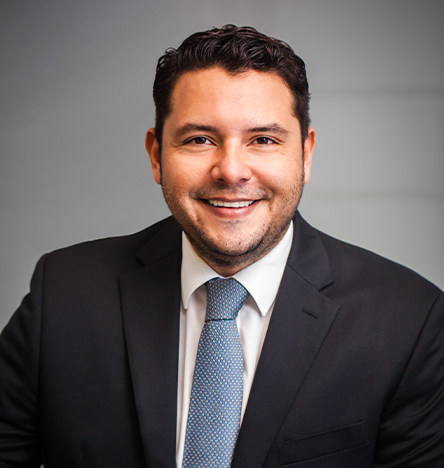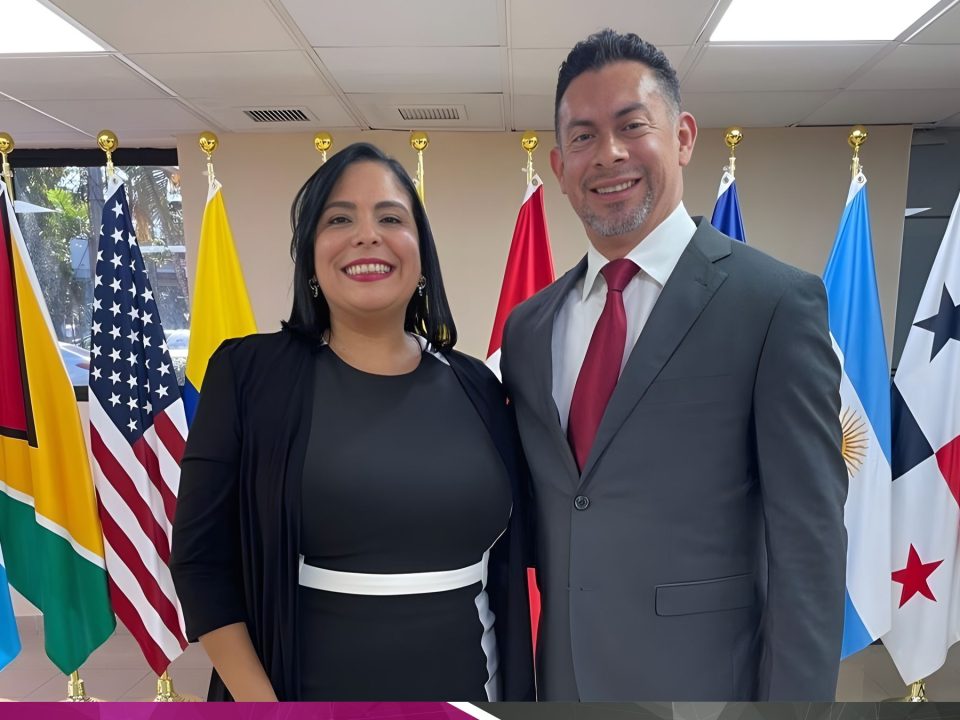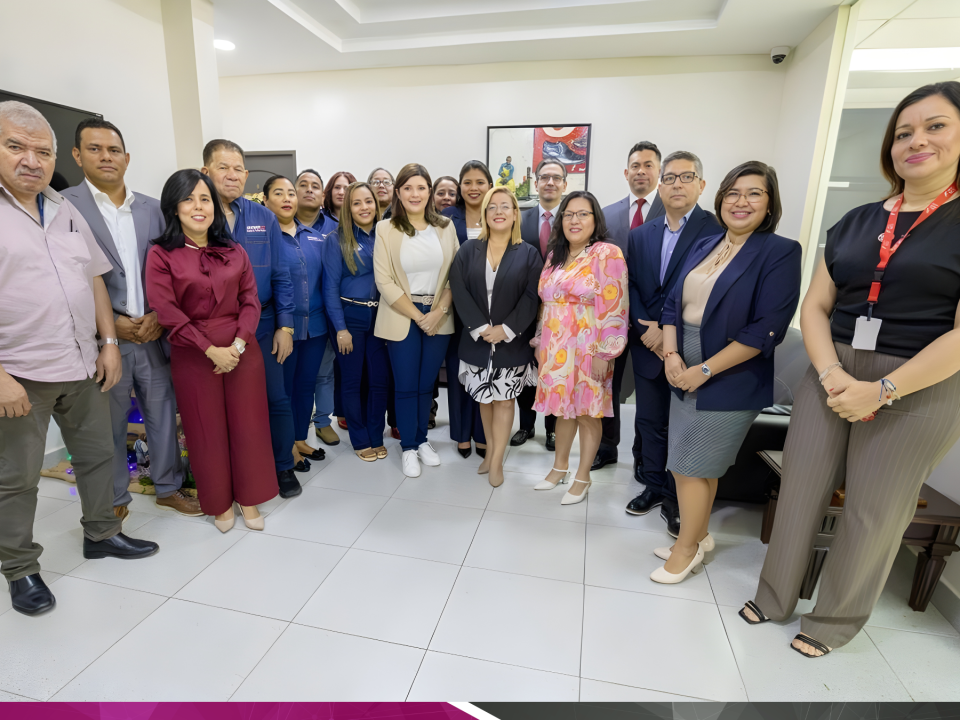
New Accounting Records Requirements in Panama
02/12/2021
Directors’ Liability in the Management of a Panamanian Corporation
08/02/2022
By: Luis Martínez – Icaza Trust Corporation
Given the current socioeconomic and financial circumstances, the increase in unemployment and informality, it is necessary for the economic reactivation to be swift and effective.
The Panamanian state has created various tools to influence economic growth in different areas and in this article we will address a current success story that is yielding visible results. This is the case of the Microcredit Trust Fund in Panama (Fidemicro-Panama).
The Fidemicro program, which was established by Law 72 of 2009, is a fund that functions as a second-tier bank. The State contributes funds to a trust and those funds in trust are managed independently by a trustee entity chosen through a public bidding process, in this case Icaza Trust Corporation (I.T.C.). The trustee, on behalf of the trust, grants loans in a transparent manner and with high administrative standards and risk analysis, to financial institutions throughout the country, so that they have liquidity to be able to place loans to the various micro, small and medium-sized enterprises (MSMEs) and entrepreneurs in the country.
This Trust Fund performs the function of second-tier banking by providing financial resources to first-tier operators, who with such resources and at their own risk, shall make placements and recoveries from their users and clients, expanding and consolidating their microfinance services at interest rates that must be competitive.
It should be noted that lending money to MSMEs is an essential pillar for the development of the Panamanian economy. However, in general, traditional banks do not cover them, for reasons such as profitability, lack of resources, or low risk tolerance or appetite. After analyzing some statistics, we have realized that the appetite for credit in this sector is important and promising.
Likewise, in order to achieve sustained and less unequal growth, Panama needs to encourage its population to create companies and businesses that generate value and jobs. This objective can be achieved more productively with financing focused on the small business ecosystem.
Since its inception, the Fidemicro-Panama trust has placed resources to more than sixteen (16) financial companies, one (1) bank, one (1) rural savings bank and six (6) cooperatives.
Beneficiaries
(percentages)
Distribution of loans by province
(millions of dollars)
Disbursements by area
(percentages)
In turn, these financial entities have been able to place these resources to more than eleven thousand one hundred and seventy-seven (11,177) final recipients, of which approximately forty-one percent (41%) are women and fifty-eight percent (58%) are men.
If we break down the loan totals by province, we find that the Province of Panama has received disbursements of close to fifteen million dollars (US$15,000,000.00) and the Province of Chiriqui has received approximately twelve million dollars (US$12,000,000.00). The area of Los Santos and Herrera has received an amount close to four and a half million dollars (US$4,500,000.00), and Veraguas has received an approximate amount of three million seven hundred thousand dollars (US$3,700,000.00). The remaining of the country’s provinces have received an average of five hundred thousand dollars (US$500,000.00).
Of the total disbursements made, forty-three percent (43%) of the funds placed have been destined for rural areas, while fifty-seven percent (57%) of the funds have been placed in urban areas.
This fund, whose origin is public, but which is managed under the tutelage of a credit regulation and administered by an independent trust company, with total transparency and specific rules and adhering to the highest standards of financial and credit risk management applicable in national banking, has managed to be self-sufficient, generate profits and reapply those profits to new loans, being able to achieve a turnover greater than 2.71 times the initial balance contributed by the State. This data reflects the program’s ability to maximize public resources and ensure that they reach as many beneficiaries as possible.
The program has been developed by the Micro, Small and Medium Enterprise Authority (Ampyme, for its acronym), with an initial capital of approximately fifteen million eight hundred two thousand six hundred sixty-four dollars (US$ 15,802,664.00).
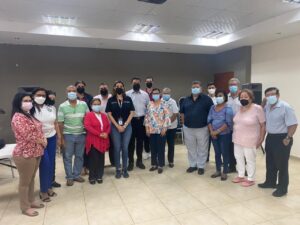
In order to classify this program as a success story, apart from analyzing the aforementioned numbers, we must take into account that the impact of these placements multiplies the benefits throughout the country.
In the last six months of the year, at least three tours have been made to different parts of the interior of the country to promote the Program, and important placements have been made in financial entities whose epicenter of operations allows them to reach rural and hard-to-reach areas. The clients of the financing entities participating in the Fidemicro Program are entrepreneurs, natural and legal persons, who use these funds to create or maximize a business that generates value, jobs and growth opportunities in the areas where they operate. This tendency contributes to include these entrepreneurs in the economic formality bringing as a consequence a long-term benefit of great magnitude for the country.
Another key point of this program is the financial soundness with which it is managed, and the adherence to risk and credit policies, which has allowed that at the end of 2021, in the midst of the coronavirus pandemic, the total delinquency of the portfolio does not exceed one percent (1%). As a country, we should be proud of this fact.
The main activities for which financing entities’ clients have requested financing are: Retail trade, transportation, handicrafts, services, and the agricultural sector.
One of the latest financial institutions to access the program is the Milk Producers Cooperative (COOLECHE, for its acronym in Spanish), one of the largest agricultural cooperatives in the country, which was approved for a total loan of one million US dollars (US$1,000,000.00), in order to provide its clients with a soft loan opportunity and resources to improve the productivity of their businesses. Most of COOLECHE’s associates are in the agricultural sector in rural areas.
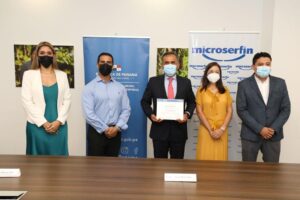
Icaza Trust Corporation (I.T.C.) as trustee of the Fidemicro Panama program has as its main goal to responsibly place all the available assets of the fund in the shortest time possible, trying to meet the social goal of the project which is to place a very considerable amount of the funds to entities that reach rural areas. One of the pillars of the program is to bring a light of hope and development to areas that are not usually served by traditional banking, and that by receiving financing for the development of their businesses achieve a direct impact on the Panamanian economy, helping to reduce the socio-economic gap in the country.



